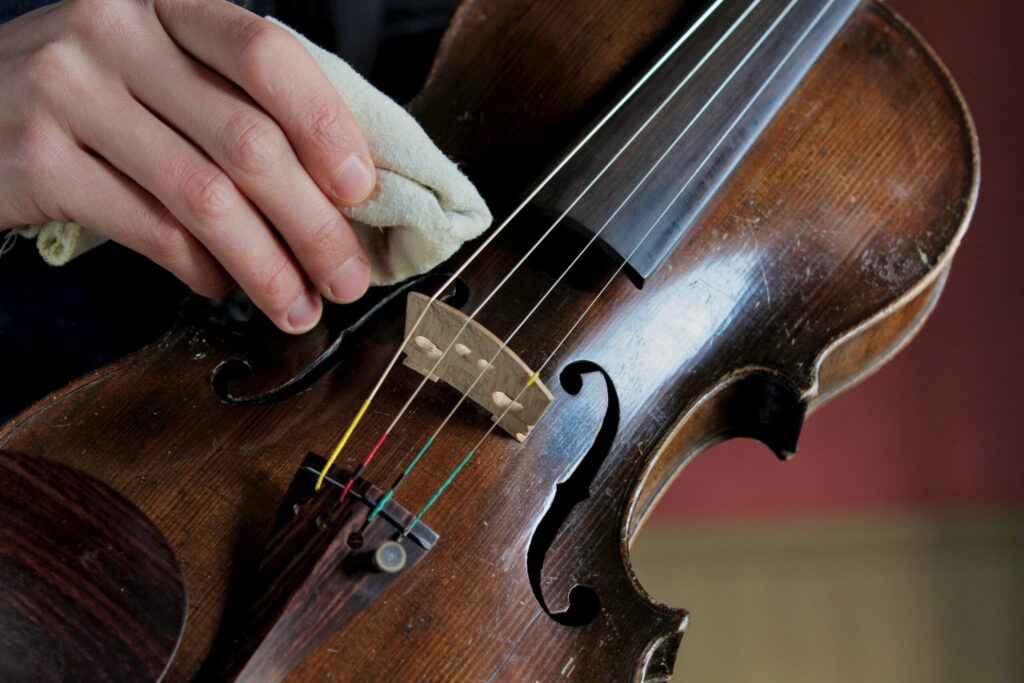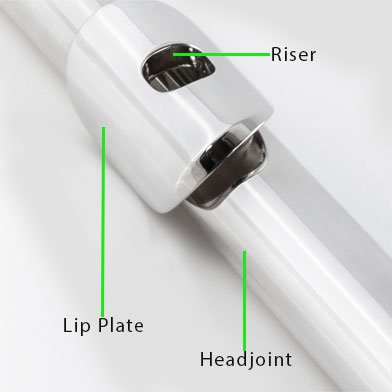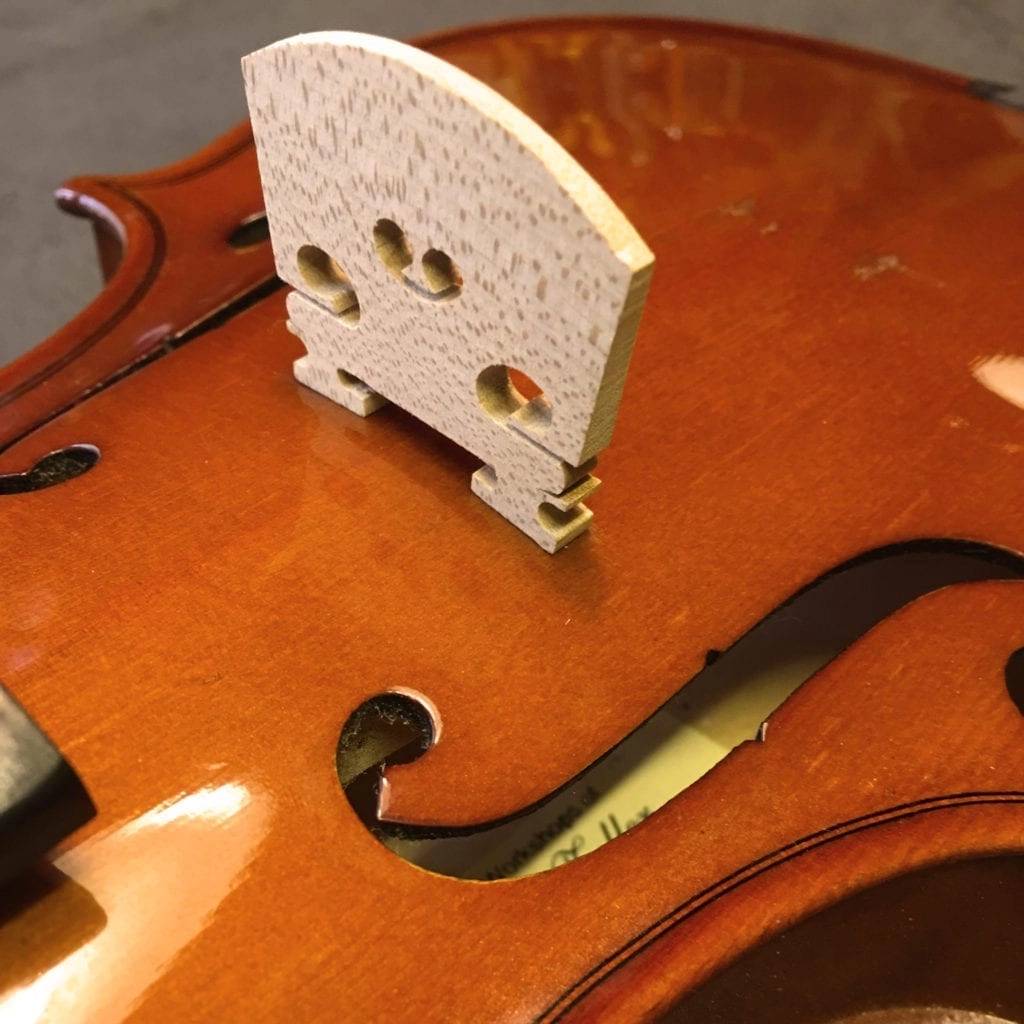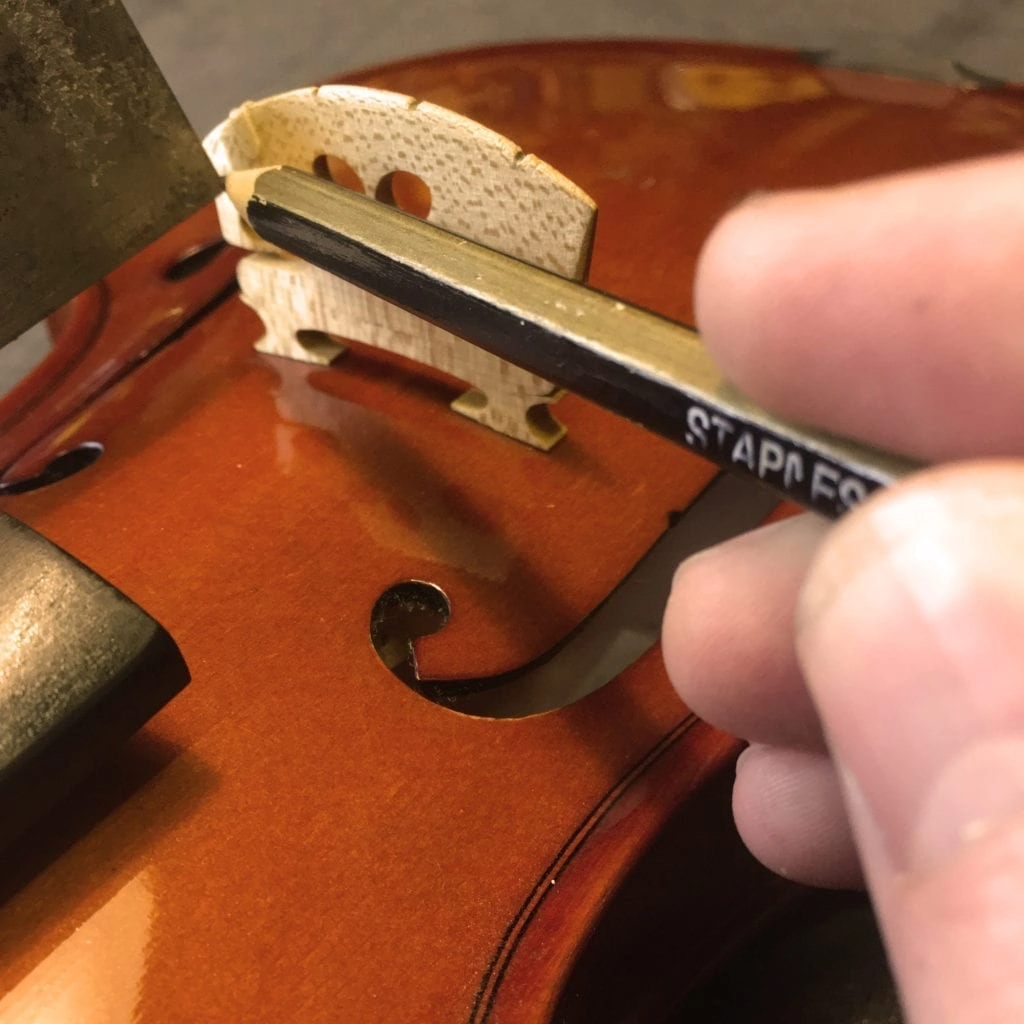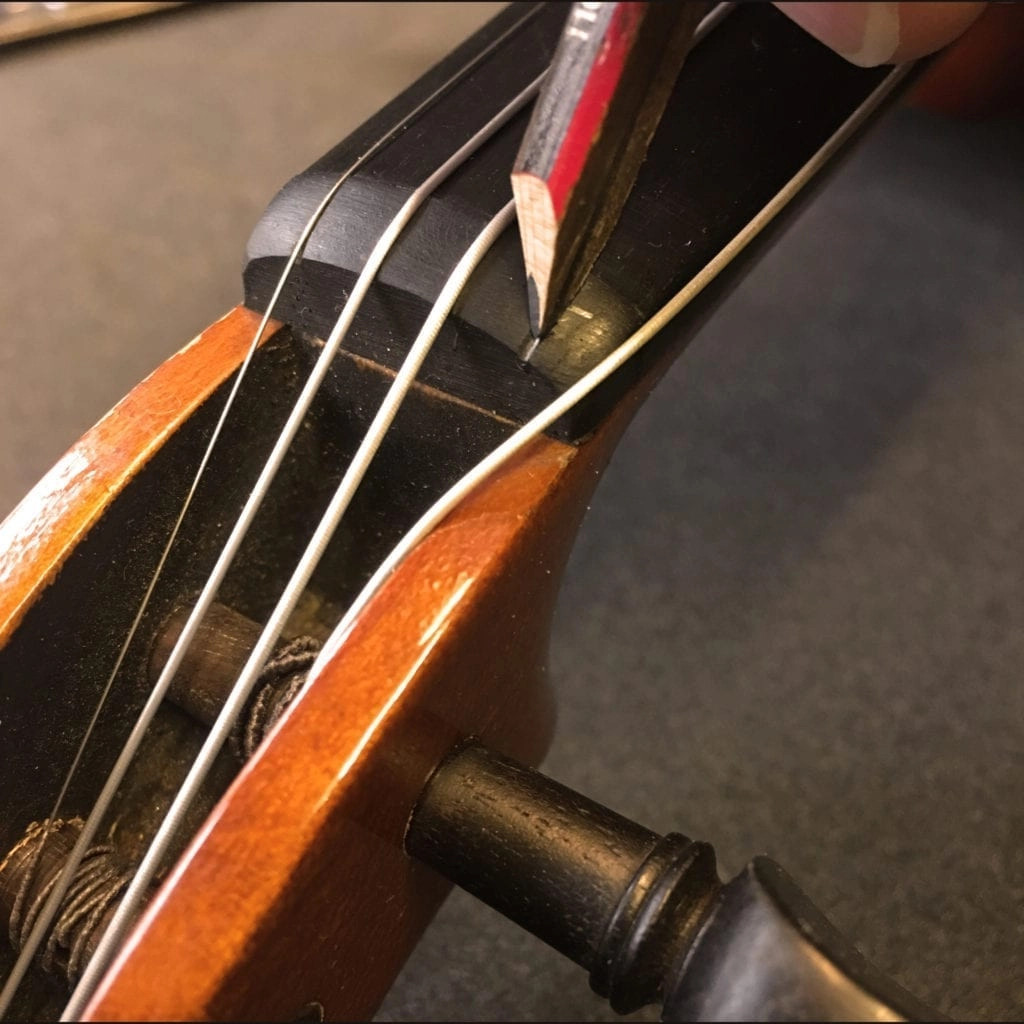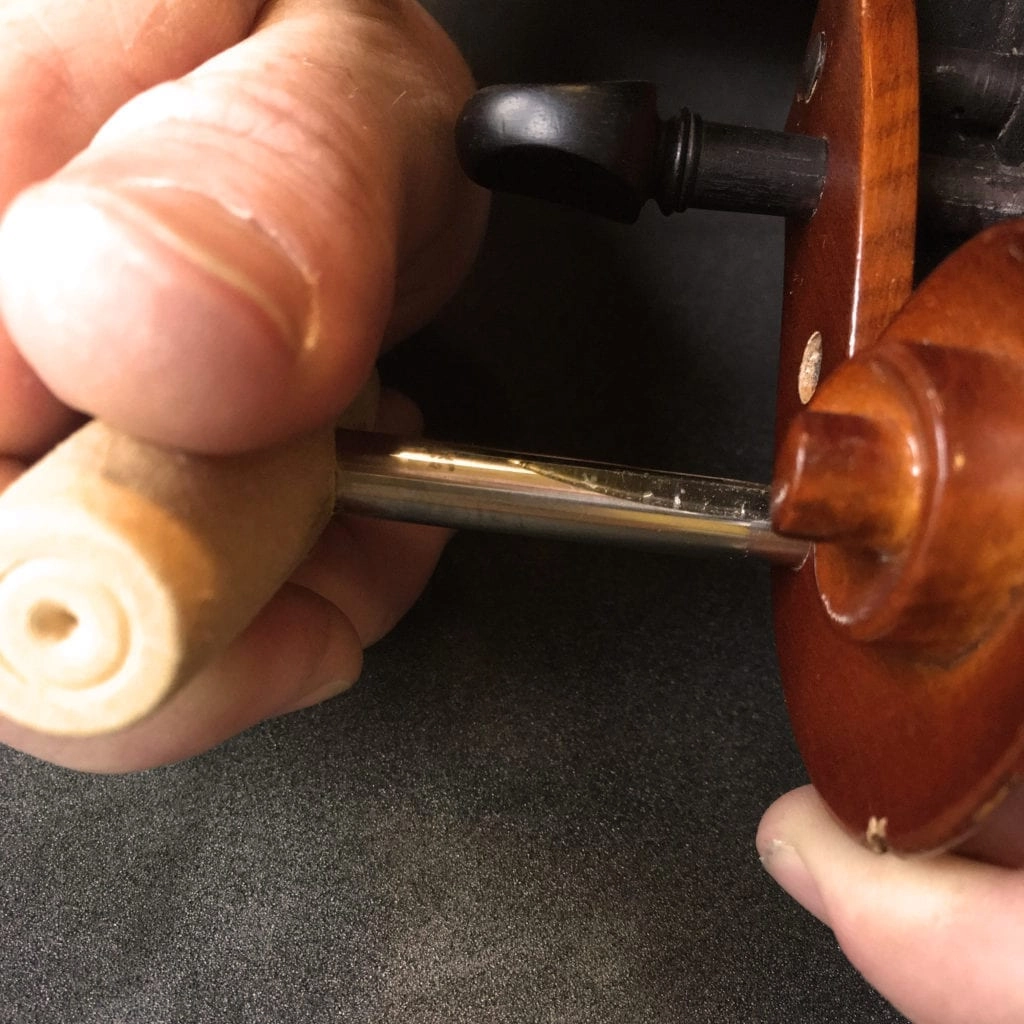Caring for your acoustic or classical guitar is really very simple, but very important. It will protect the value of your investment, and ensure that it has a long playing life. The following article covers most of what you need to know, but is by no means exhaustive. I'd need to write a book for that! So if you need any further help or advice, feel free to contact us. The web is also full of articles covering this topic in huge depth if you really want to get into it!
Temperature and humidity
Temperature
Your guitar can cope with both high and low temperatures perfectly well, within reason. Although changes in temperature do cause expansion and contraction of the timber, it is not as pronounced or damaging as changes in humidity. What your guitar will not like, however, is a rapid change from cold to hot or vice versa. Sudden temperature changes can cause cracks in the body, and detached braces. If this is something you can't avoid (e.g. after a long flight in the hold of an aircraft), leave your guitar in the case for a few hours, in order to allow the guitar to acclimatize. If that is not practical, open the case but leave the instrument inside for a while.
Humidity
This is perhaps the most important topic of all. All guitars, but particularly those made of solid wood, will expand when damp and contract when dry. With variations in humidity your guitar will expand and contract significantly more across the grain than along it.
A guitar which dries out quickly will shrink. This will cause the top to sink, and the neck to lean backwards. Cracks may appear in the body. A hump may develop in the neck at the body fret area. This will lead to a lowering of the playing action and fret buzz. The fingerboard may shrink, causing the fret ends to feel rough. In severe cases, cracks may develop and internal braces may become detached from the body.
A guitar exposed to high humidity will expand. The top will rise, as will the neck angle, causing the playing action to rise with it. The fingerboard may swell, causing a slight step between itself and the neck. In severe cases this can also cause internal braces to become detached.
In summary
A good rule of thumb is that your guitar will be comfortable in any environment that you are! Your living room or bedroom should be fine, but the boot of your car or your attic would not be. Avoid leaving your guitar next to radiators or in direct sunlight. If you are in the UK or Europe, the good news is that we suffer less extremes of temperature and humidity than for example the Americas, Asia and Africa. If you live in an area with extreme climatic conditions, you may need to take more care, e.g. by using a humidifier in dry conditions. Storing your guitar in its case will also help avoid the effects of high or low humidity.
Cleaning and polishing
Vintage instruments
It is of course perfectly possible to clean and polish vintage instruments yourself, but we would recommend asking an experienced luthier for specific advice, as I don't have the time to cover all aspects in sufficient depth here. There are also many excellent resource sites on the net packed with articles on the subject.
Modern instruments - Cleaning.
Most modern instruments have extremely durable finishes, which require very little specialist care. The general rule here is that less is more. A wipe down with a lint free cotton cloth (old cotton T shirts or bed sheets are ideal) is a good start. If you have spilt anything on it, a slightly damp cloth is the first option. (You may get away with simply breathing on the area and using your cloth dry). If that isn't sufficient, dip your cloth in a mild warm detergent solution, clean the guitar, and then buff with your soft cotton cloth. It is important that no liquid (or polish) is allowed to soak into any cracks or blemishes in the finish. They can stain, and are all but impossible to remove.
Strings
Strings should be wiped clean after playing. If you have acidic perspiration, using a string cleaner will prolong their life even more. I have a big problem with acidic hands, and can "kill" a set of strings in one session. For me Elixir strings are a godsend, and although more expensive, they save me a fortune by lasting several times longer than anything else I've tried. They have a Gore-Tex coating on the wound strings, which stops them from absorbing grease and acids from the hands.
Fingerboards
Fingerboards need only occasional attention. They are the dirtiest part of any guitar, and often have a large build up of grunge which collects behind the frets. The most effective way to remove the dirt is to scrape it off using something like an abrasive pad, or a very fine grade steel wool. If after cleaning the fingerboard looks too dry, apply a very small amount of refined* vegetable oil to a cloth, rub into the fingerboard, and then wipe as much as you can off again. We use almond oil in our workshops, and lemon oil is fine too.
We are well aware that opinions vary wildly on this subject, but the most important point to remember is that your fingerboard will only need oiling very rarely if at all, and that you don't use too much, as you don't want it soaking into fret slots, or cracks in the fingerboard.
* Unrefined vegetable oils leave a residue which becomes sticky over a period of time and are not recommended.
Modern instruments - Polishing.
Again, any commercially available guitar polish can be used without harm on most modern instruments. There are just a few things to be aware of...
Most cream or liquid polishes contain mild abrasives. A very occasional polish with these is all that's necessary, perhaps once a year. In the interim period, just keep your guitar clean, and buff with a soft cloth. Abrasives in the polish will tend to put a gloss on matt finishes over a period of time. This is fine if that's what you want, but something to be aware of if you don't.
Wax polishes can be used on almost all guitars safely, but bear in mind that if you get polish into blemishes or cracks in the finish, it doesn't look good and can be impossible to remove. Used regularly, wax polishes will build up a film on your guitar, which can inhibit its tone quality. This is especially true on matt finishes. So use occasionally, and in between keep your guitar clean and buff with a soft cloth.



